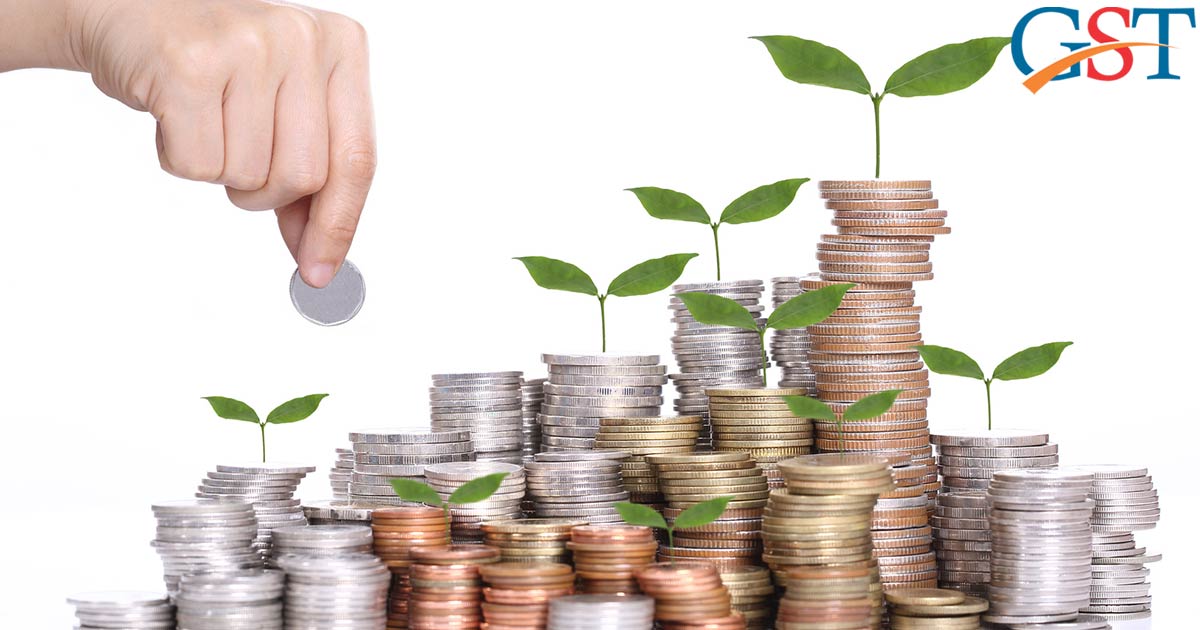Central Board of Indirect Taxes and Customs (CBEC) has notified that the Consumer Welfare Fund constituted under Goods and Services Tax (GST) can be used for two purposes:
- As grants to central and state governments as well as regulatory authorities.
- 50% of the proceeds can also be used for GST campaigns and publicity as well as increasing consumer awareness on the condition that the available fund for the Department of Consumer Affairs is not less than Rs 25 crore per annum
The Consumer Welfare Fund was formed under The Central GST Act. The GST law is hard on anti-profiteers. Profits made from input tax credits under the new indirect tax law have to be passed on to the end consumer. In case the businesses fail to do so, they must deposit the undue profits in the Consumer Welfare Fund.
To ensure transparency and efficient use of the proceeds, the CBEC will form a Standing Committee that would comprise of a Chairman, a Vice-Chairman, a Member Secretary and other members. The Standing Committee will have the following responsibilities:
- Oversee the funds management
- Make recommendations regarding the efficient use of the proceeds.
- Make grants to applicants which include central or state government, regulatory authorities or autonomous bodies constituted under an Act of Parliament or the Legislature of a State or Union Territory as well as organisation or agency which has been associated consumer welfare activities for at least three years and are registered under the Companies Act, 2013 or under any other law for the time being in force. Village or Mandal or Samiti or Samiti level co-operatives of consumers would also be eligible for claiming grants from the fund.
- The panel can also recommend potential investments from the fund money
- Make grants available (on selective basis) for payment of legal expenses incurred by a complainant, or class of complainants in a consumer dispute.
In addition to the above the CBEC has made a few important changes related to the input tax credit under inverted duty structure which are:
Read Also: Post-GST-Demonetization India Needs To Create Better Fiscal Space: Suggest IMF Report
Further, suppliers can now claim input tax credit on goods and services instead of only goods as part of the modification in the method of calculation of refund on account of inverted duty structure and refund of input tax credit. However, for purchaser the input tax credit under inverted duty structure has been limited to inputs, that is, only goods. Form GSTR-10 was notified for those businesses who want to cancel or surrender their registration under the GST.









